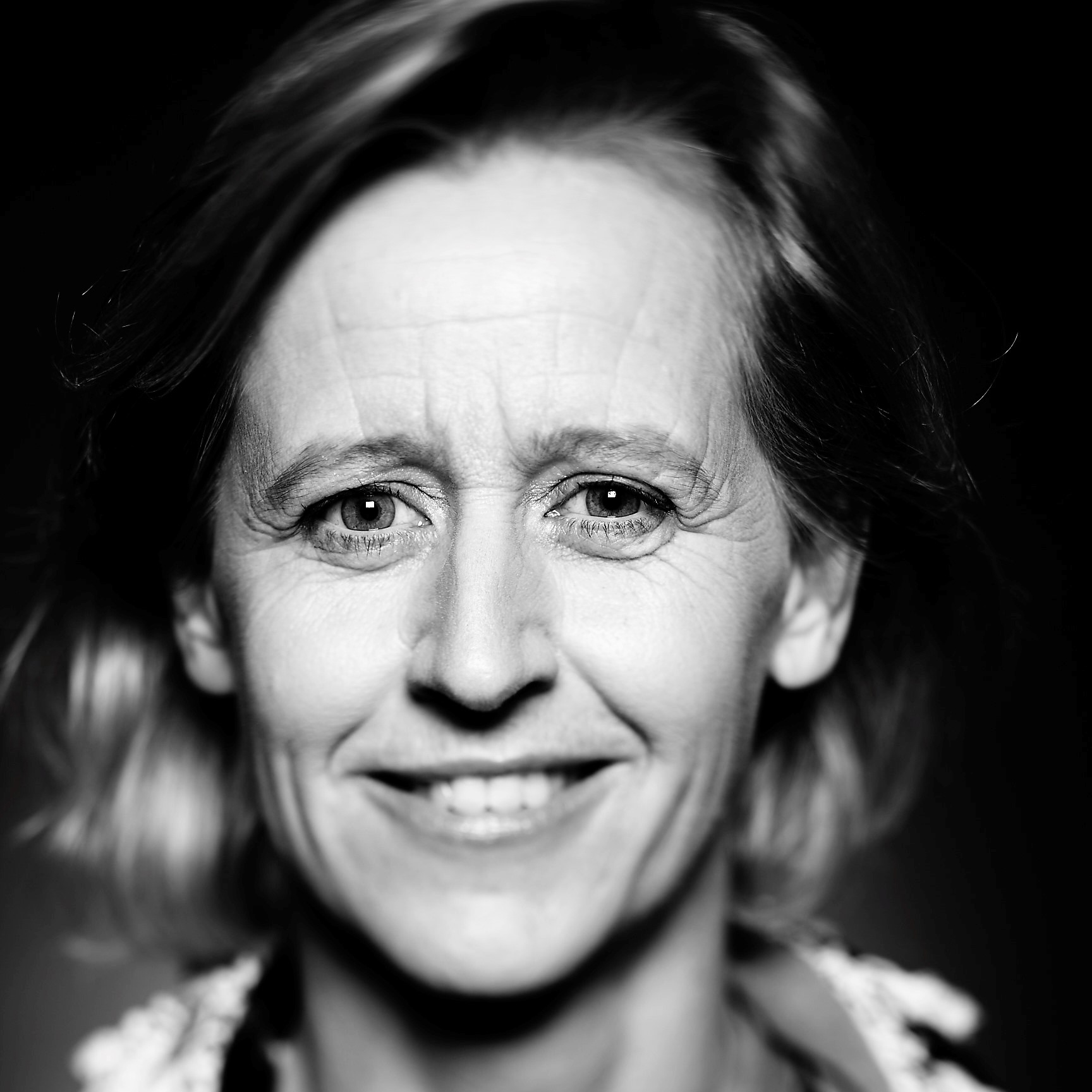 \
&
Contact us
\
&
Contact us
 \
&
Contact us
\
&
Contact us
As an institutionalised public-private partnership, Clean Hydrogen Joint Undertaking (JU) brings together the European Commission (the public sector), Hydrogen Europe and Hydrogen Europe Research (representing the hydrogen industries and hydrogen research community respectively) so as to bring together as many relevant actors as possible across the whole clean hydrogen value chain. It considers all sectors of the economy, but especially the hard-to-abate ones like transport and heavy industry.
In support of the European Green Deal, the Clean Hydrogen JU aims to accelerate development and deployment of European clean hydrogen technologies, contributing to a sustainable, decarbonised and fully integrated energy system. It contributes to the European climate neutrality goal by producing noticeable, quantifiable results towards the development and scaling up of hydrogen applications. This will help develop a number of hydrogen technologies, which are currently either not competitive or have a low technology readiness level, but are expected to contribute to the 2030 energy and climate targets and most importantly make the goal possible of climate neutrality by 2050.
The EU will support the Clean Hydrogen JU with €1 billion euro for the period 2021-2027, complemented by at least an equivalent amount of private investment (from the private members of the partnership), raising the total budget to above €2 billion euro.
As an institutionalised partnership, Clean Hydrogen JU has its own work programmes.
Partnerships group the EC and private and/or public partners, to coordinate and streamline the research & innovation initiatives and funding in some selected key domains.

Ria.debreucker@vlaio.be
Funded by Horizon Europe, under call topic HORIZON-WIDERA-2021-ERA-01-80, INSPIRE is Europe's Centre of Excellence on inclusive gender equality in research and innovation. It relies on four Knowledge and Support Hubs to create knowledge in the areas of sustaining change, widening participation, intersectionality and innovation. Moreover, it supports stakeholders in their journey to become more inclusive through 12 Communities of Practice. In this way, INSPIRE aims to develop both cutting-edge knowledge and innovative strategies for gender equality in the European Research Area. INSPIRE brings together 14 partners. The Belgian partner in this project is UHasselt.